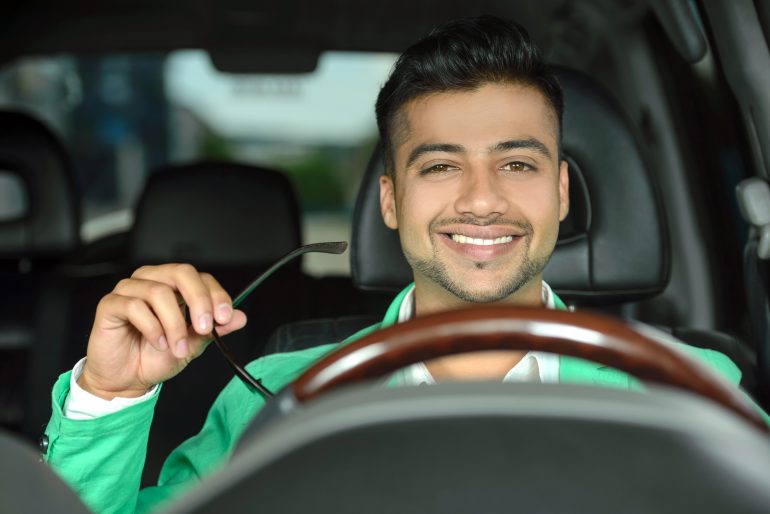Several driving school owners and Veilig Verkeer Nederland have expressed concerns about the safety of knowledge workers driving on exchanged licenses, according to a recent article published in AD newspaper. Questions have been raised regarding the driving abilities of individuals from outside of Europe who obtain licenses through an exchange process specifically available to highly skilled migrants, i.e. those who qualify for the 30 percent tax rule, that allows them to hit Dutch roads without passing practical or written driving tests. ‘We see that people from outside Europe, in particular, have a lot of difficulty getting used to Dutch traffic,’ states John Dekker, owner of Rijschool Dekker in Eindhoven.
Several driving school owners have expressed reservations regarding the current state of affairs. Many suggest that the issue is particularly pronounced in places such as Eindhoven, Amsterdam, Leiden, Den Haag and Amstelveen, which are home to large companies that attract sizable numbers of knowledge workers to whom the 30 percent tax rule applies. According to a Letselschade.nu, a website related to personal injury legislation, approximately 10,000 drivers exchanged licenses under the arrangement in 2022. The sheer volume of drivers with exchanged licenses currently on the roads increases danger on the road in these areas.
The issue isn’t likely to resolve itself anytime soon, as the number of individuals coming to the Netherlands as knowledge workers has been steadily increasing over the last few years. The Netherlands welcomed approximately 26,000 knowledge workers from outside the EU in 2022. Willemijn Pomper of Veilig Verkeer Nederland states: ‘It is great that the Netherlands makes it fiscally attractive to bring highly educated knowledge migrants to the Netherlands via the 30 percent scheme. But to also sacrifice road safety and to give highly skilled migrants a driver’s license almost for free is wrong.’ Pomper also points out that the requirements for obtaining a Dutch driver’s license have recently been made more stringent for Dutch citizens, making the practice of allowing highly skilled migrants to simply exchange licenses without passing practical or theory tests particularly problematic.
According to the national government, those who move to the Netherlands from EU and EEA countries are generally able to continue using licenses from those nations while living in the Netherlands. Licenses from these countries can also usually simply be exchanged for Dutch licenses without passing written or practical exams. Individuals with licenses from non-EU/EEA countries are generally only permitted to drive for a short period using their foreign licenses, after which they must obtain a Dutch license. Most, but not all, people with licenses from non-EU/EEA countries must pass practical and theory exams to qualify for Dutch licenses. However, highly skilled migrants with licenses from anywhere in the world who qualify for the 30 percent tax rule (and individuals with licenses from a few specific countries) are able to use a simple license exchange process, explains the Netherlands Vehicle Authority (RDW).
The Dutch government already looked into the issue a few years ago in response to constituent concerns. The Ministry of Infrastructure and Water Management at that time determined that drivers who receive licenses under the agreement don’t pose an increased threat to traffic safety. The government and many companies hiring knowledge migrants have taken steps to help this group of drivers get started on the right foot when it comes to navigating Dutch roads. The Ministry of Infrastructure and Water Management makes information about Dutch traffic laws and driving in the Netherlands available in English to ensure important details are readily available to international drivers. Some companies encourage international employees to take driving lessons to ensure workers feel comfortable in Dutch traffic. Individual drivers with Dutch licenses obtained through the exchange process often voluntarily enroll in driving classes to increase their knowledge of Dutch driving conditions and rules. Whether this is sufficient remains to be seen, however.
Written by Lorre Luther
